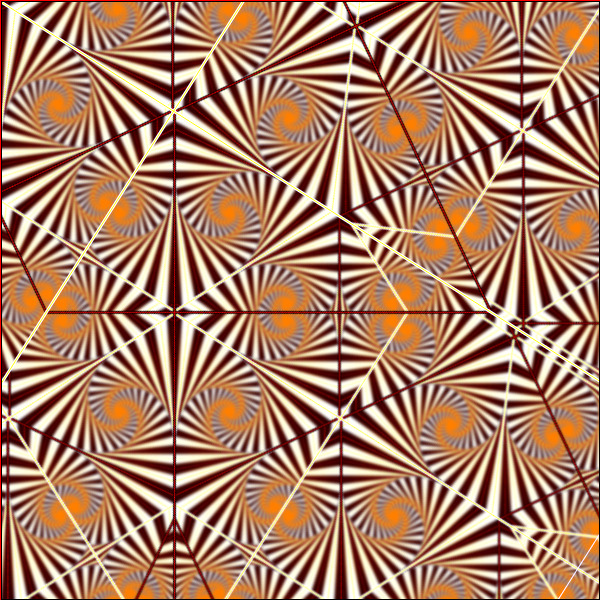20130517
20130516
Google's Mad Scientist Island
 Google's I/O 2013 conference was yesterday, and the tech journalistic consensus is trickling in. In terms of specific product launches, there's nothing with the "wow" factor of last year's Google Glass, but according Lance Ulhoff , "Google’s worldview is finally coming into focus. The tenuous threads that connect these dozens of different applications and services are strengthening and gradually being pulled closer together. Underneath it all is Google’s vast web of information and smarts, which is all about us." Google's products are getting sleeker, more graceful, less skeumorphic. I might even go so far as to say 'intuitive and emotional'. (A skeptic might say 'intrusive and creepy')
Google's I/O 2013 conference was yesterday, and the tech journalistic consensus is trickling in. In terms of specific product launches, there's nothing with the "wow" factor of last year's Google Glass, but according Lance Ulhoff , "Google’s worldview is finally coming into focus. The tenuous threads that connect these dozens of different applications and services are strengthening and gradually being pulled closer together. Underneath it all is Google’s vast web of information and smarts, which is all about us." Google's products are getting sleeker, more graceful, less skeumorphic. I might even go so far as to say 'intuitive and emotional'. (A skeptic might say 'intrusive and creepy')
The highlights were in the post-keynote by Larry Page.
First, "We should be building great things that don't exist." This is a pretty cool sentiment, particularly from a company like Google, which combines massive size with a desire to innovate. I'm reminded a little of classic era Bell Labs and Xerox PARC, where a steady cashflow from telecoms/office machines went to support radical ideas in electronics and personal computing. Google's search/advertising business gets us wearable computers and self-driving cars.
Second, Larry Page wants earth to have a mad scientist island . This is the !!! moment of the conference, and honestly, I'm not sure what to think, which is why I want to run this by you guys.
Personally, I agree with Page that research is slowed by laws and regulations, but the effect is probably not as big as he thinks. What really slows research down is our species innate conservatism. On the business side, this is exemplified by demands from Accounting and Marketing that the new product be profitable and interoperable with older versions of the system back to 19xx. On the academic side, it's the publish-or-perish paradigm, which has researchers focused on "do-able" projects as opposed to "needs-to-be-done" projects.
It'd be nice to start with a clean slate, without the pressure to make everything make work with existing systems, conform to building codes, or have to make money or sense this year. But I think that such a place, if it existed, would need oversight. The planet would be rightfully concerned if Mad Scientist Island started dumping toxins into the environment , or systemically violating human rights . Independent research enclaves could be a great idea-if they could be inspected without destroying their unique culture.
 ( thought this was pretty awesome )
( thought this was pretty awesome )